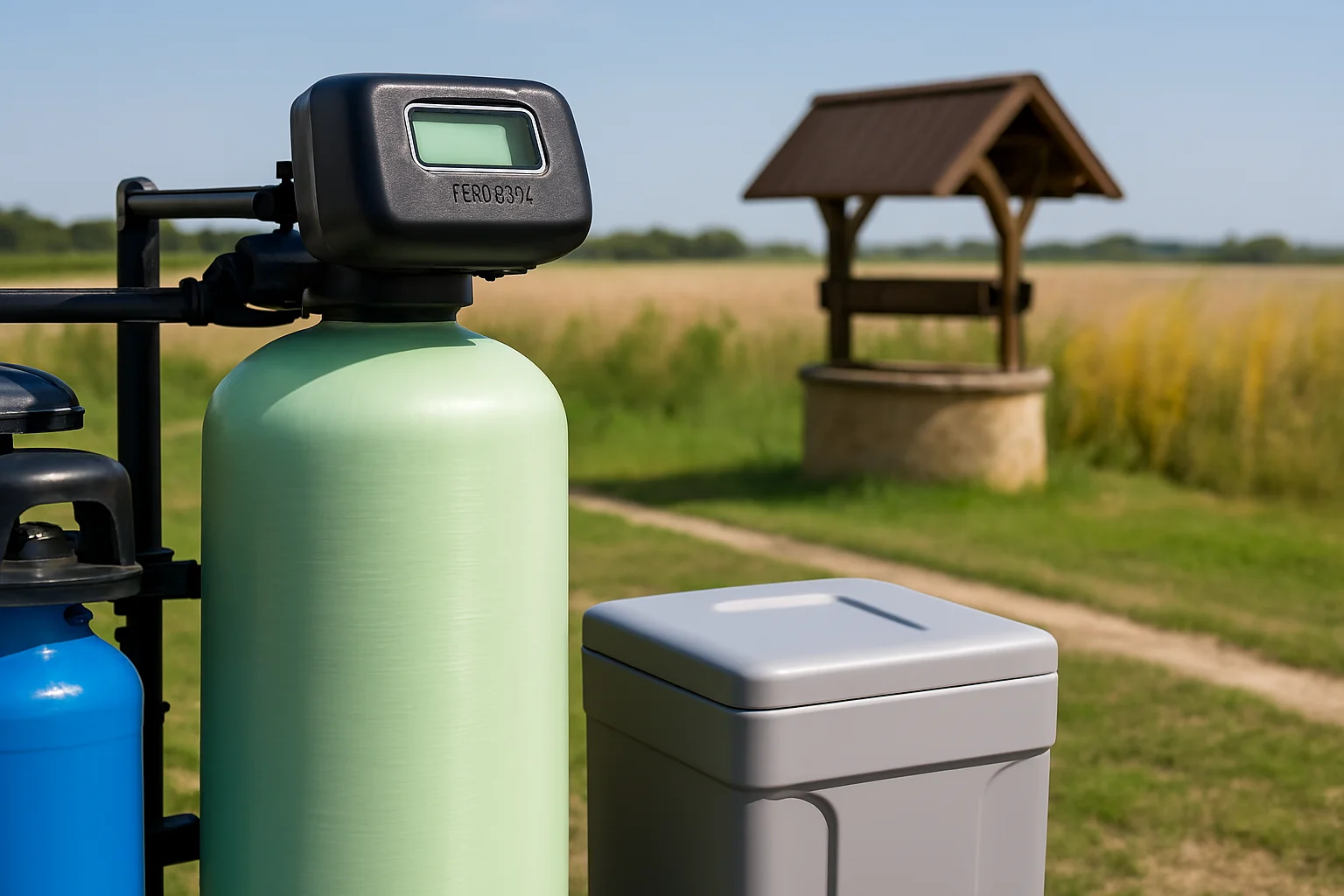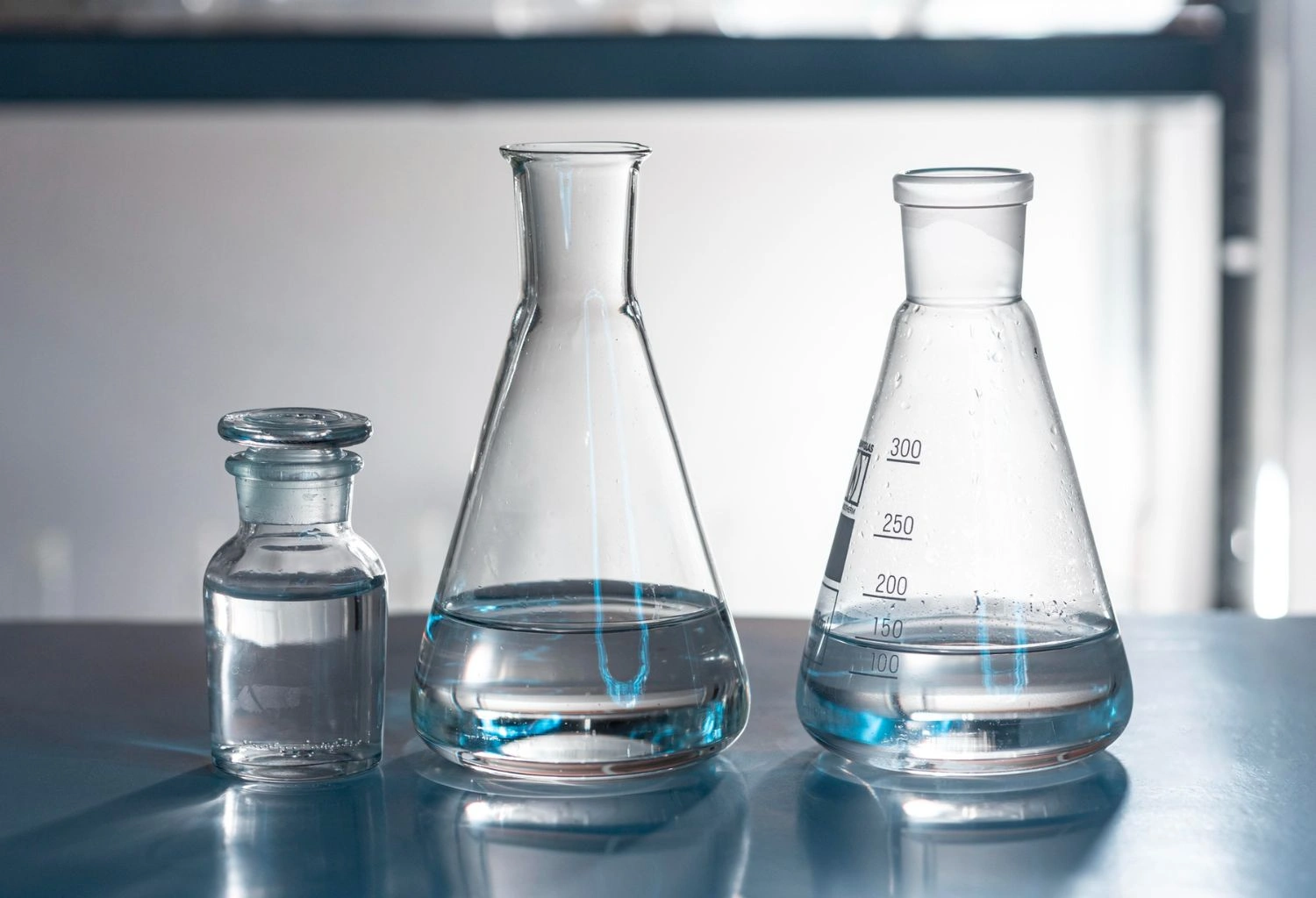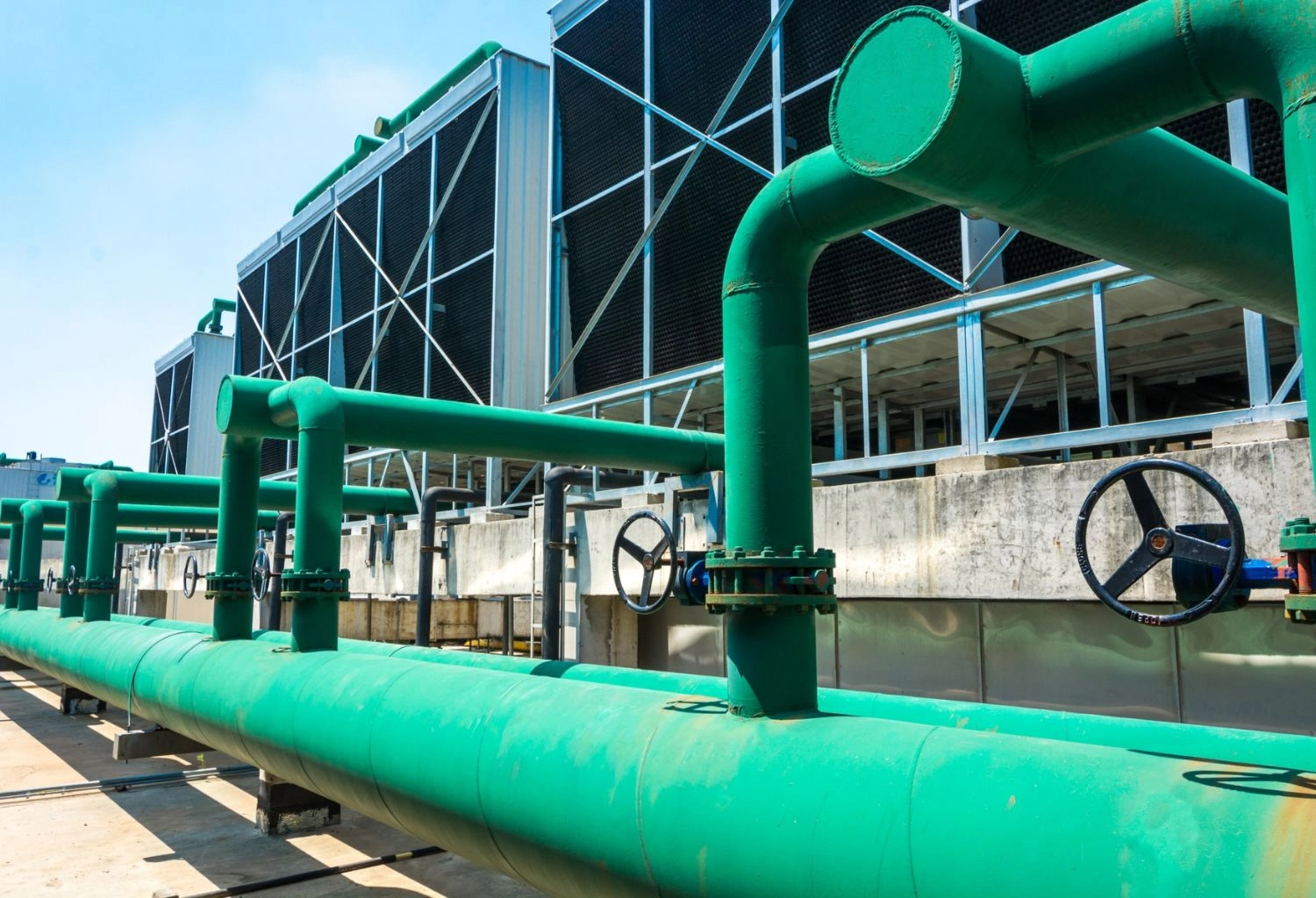When you live in a rural area and rely on well water, the quality of your water can significantly impact your daily life. Hard water, in particular, is a common issue that many rural homeowners face. If you’re considering installing a water softener for well water, you might be wondering: How do I choose the best water softener for my needs? In this guide, we’ll walk you through everything you need to know about selecting the perfect water softener for well water in rural areas.
What Is a Water Softener, and Why Do You Need One for Well Water?
A water softener is a device that helps to reduce the hardness of your water, which is typically caused by an excess of minerals like calcium and magnesium. These minerals can leave behind scale buildup on appliances, pipes, and fixtures, making them less efficient. In rural areas, where many homes rely on well water, hard water can be an even bigger problem due to its high mineral content.If you’re dealing with issues such as clogged pipes, dry skin, or spots on dishes, a water softener can help alleviate these problems. But with so many different models and types of water softeners available, how do you know which one is best for your well water?.
Water Testing Kits
What Are the Different Types of Water Softeners?
Before diving into the specifics of selecting the best water softener for your well water, it’s important to understand the different types of water softeners available. There are primarily four types:
1. Salt-Based Water Softeners
These are the most common types of water softeners and work by using a resin bed that exchanges sodium ions for the calcium and magnesium ions in your water. While effective, salt-based softeners do require periodic salt replenishment.
2. Salt-Free Water Softeners
Salt-free water softeners don’t actually “soften” the water in the traditional sense. Instead, they use a filtration process to prevent minerals from forming scale. They are often referred to as “descalers” and may be suitable for areas where mineral buildup isn’t as significant.
3. Dual-Tank Water Softeners
These systems are designed for homes with high water usage. They use two tanks to continuously soften water without requiring downtime for regeneration. This means you’ll always have softened water available, which is ideal for larger families or households with heavy water demands.
4. Magnetic and Electronic Water Softeners
These are newer technologies that claim to reduce hardness through magnetic or electrical fields, which alter the structure of minerals in water. However, their effectiveness is debated, and they are not as commonly used as traditional salt-based or salt-free softeners.
Filtration Water Plant
How Do You Know if You Need a Water Softener?
Not all well water is hard, so how do you know if you need a water softener? The easiest way to find out is by having your well water tested for hardness. Water hardness is measured in grains per gallon (GPG). Here’s a general guideline for hardness levels:
- Soft water: 0-3 GPG
- Moderately hard water: 3-7 GPG
- Hard water: 7-10 GPG
- Very hard water: 10+ GPG
If your water tests above 7 GPG, it’s likely that a water softener will benefit you. Additionally, signs of hard water like dry skin, water spots on dishes, or frequent scaling on faucets or appliances are good indicators that you should consider installing a water softener.
What Factors Should You Consider When Choosing a Water Softener?
When choosing the best water softener for well water in rural areas, you need to consider several important factors. These will ensure you select a system that’s both effective and efficient for your household’s needs.
1. Water Hardness Level
Your water’s hardness level is one of the most important factors to consider. Different water softeners are designed to handle different levels of hardness. Be sure to select one that is suited to the hardness level of your well water.
2. Water Usage
If your home has a large family or you use a lot of water, you’ll need a water softener that can handle higher flow rates and larger water volumes. If you have a smaller household, a single-tank system might be sufficient.
3. Regeneration Type
Water softeners regenerate periodically to flush out the minerals they’ve collected. There are two types of regeneration:
- Time-based regeneration: The system regenerates at a set time regardless of water usage.
- Demand-based regeneration: The system regenerates only when it needs to, based on the amount of water used.
Demand-based systems tend to be more efficient because they regenerate only when necessary.
4. Space Available for Installation
Consider the available space in your home or basement for installing the water softener. Some systems, like dual-tank models, can be quite large and require significant space, while others, like salt-free models, may be more compact.
5. Maintenance Requirements
Water softeners require maintenance to function effectively. For example, salt-based softeners require regular salt refills, while others might need filter changes. Consider how much time and effort you’re willing to put into maintaining the system when making your decision.
6. Budget
Water softeners come in a wide range of prices, and it’s important to set a realistic budget. While salt-based systems tend to be more affordable upfront, they may incur ongoing costs for salt and maintenance. Salt-free systems might cost more initially but have lower long-term costs.
What Is the Best Water Softener for Well Water in Rural Areas?
Choosing the best water softener for well water in rural areas depends on the specific needs of your household. Based on factors like water hardness, water usage, and maintenance preferences, here are some of the top recommendations:
1. Fleck 5600SXT Water Softener
The Fleck 5600SXT is a popular choice for homeowners with well water due to its excellent performance and reliability. It’s a salt-based water softener with a high flow rate, making it perfect for larger households. It also features a digital control head for easy setup and maintenance.
2. Aquasana EQ-1000-AST Whole House Water Filter and Softener
This system combines a water filter and a softener, making it a great option if you’re concerned about both water hardness and contamination. It uses a salt-free approach and is ideal for moderate hardness levels. Its long lifespan and low maintenance needs make it a good fit for rural areas.
3. Whirlpool WHES40E 40,000 Grain Water Softener
Whirlpool’s WHES40E is a reliable and affordable water softener for smaller households. It’s time-based but still efficient, and its 40,000-grain capacity is sufficient for most rural homes with moderate to high hardness levels. Its self-regeneration process ensures you always have soft water available.
4. Kenmore 38000 Grain Water Softener
The Kenmore 38000 is another affordable salt-based option for well water in rural areas. It’s particularly suited for moderate water hardness and has a 32,000-grain capacity. This model is efficient and simple to install, making it ideal for homeowners who want a straightforward solution.
How Do You Maintain Your Water Softener?
Proper maintenance is essential for ensuring that your water softener continues to perform optimally. Here are some maintenance tips:
- Check salt levels: For salt-based softeners, ensure the salt levels are adequate. Refill the salt when needed to avoid inefficient softening.
- Clean the brine tank: Periodically clean the brine tank to prevent salt buildup and ensure proper regeneration.
- Monitor system performance: Keep an eye on the system’s performance, and replace parts like the resin beads when needed.
- Test water hardness regularly: Test your well water periodically to make sure the softener is still effectively reducing hardness.
conclusion
In conclusion, choosing the best water softener for well water in rural areas depends on a variety of factors, including water hardness, household size, and system maintenance. By understanding your water’s needs and selecting the right system, you can enjoy soft, clean water for years to come!
FAQs about Choosing the Best Water Softener for Well Water in Rural Areas
1. What is the most effective water softener for well water?
Salt-based water softeners are typically the most effective at softening well water because they remove calcium and magnesium ions from the water, completely softening it.
2. How do I test my well water hardness?
You can test your well water hardness with a DIY test kit or by sending a sample to a water testing laboratory. This will help you determine which water softener is best suited to your needs.
3. Are salt-free water softeners effective for well water?
Salt-free water softeners are effective at preventing mineral buildup but do not actually “soften” the water in the traditional sense. They are best for homes with moderate water hardness.
4. How often do I need to regenerate my water softener?
Regeneration frequency depends on the system type and water usage. Time-based systems regenerate on a set schedule, while demand-based systems regenerate when necessary, based on water usage.
5. Can I install a water softener myself?
While many water softeners come with DIY installation instructions, it may be best to hire a professional, especially if you’re unfamiliar with plumbing or electrical systems.



